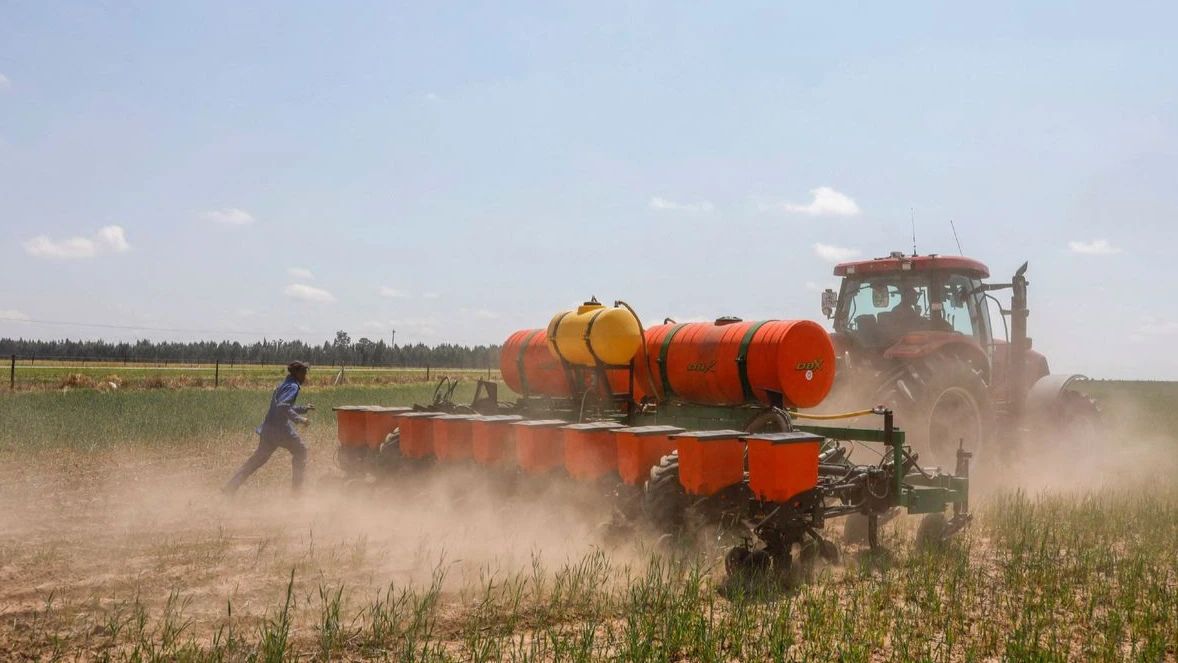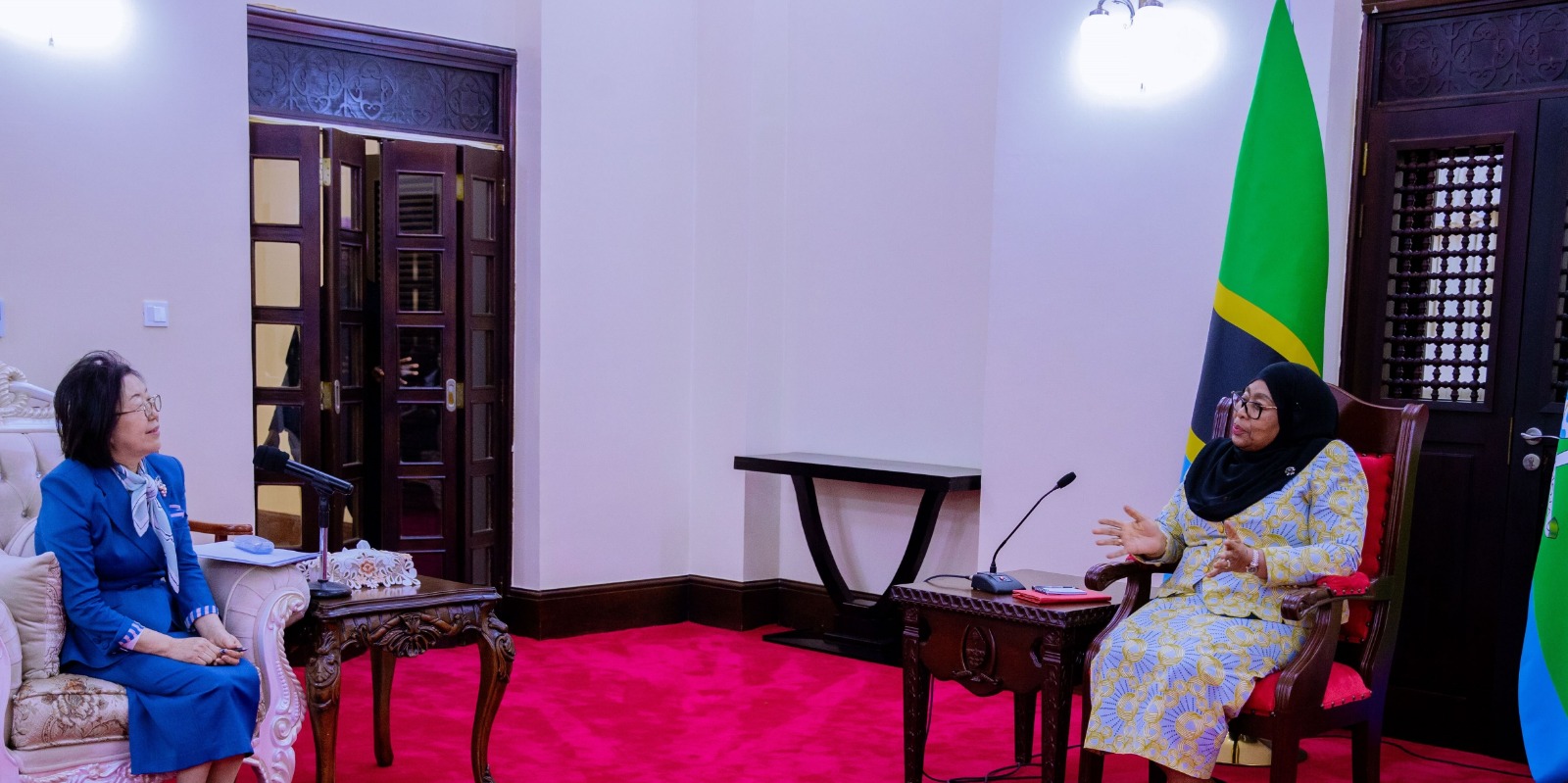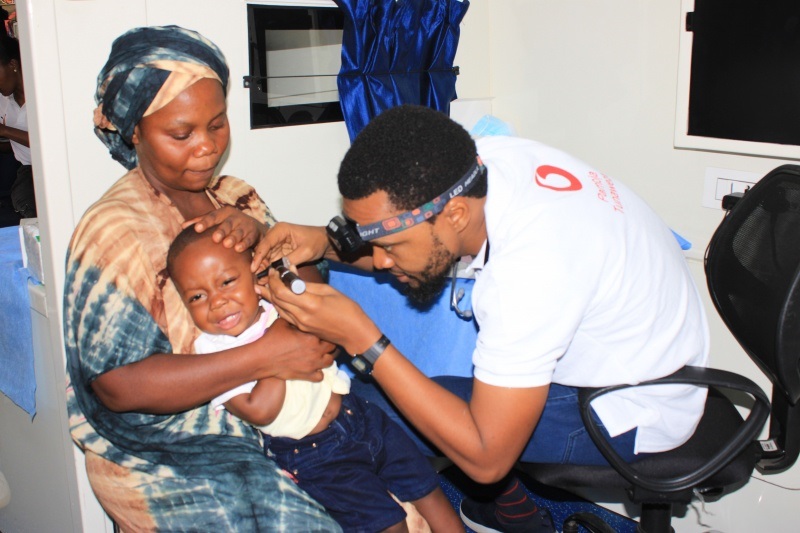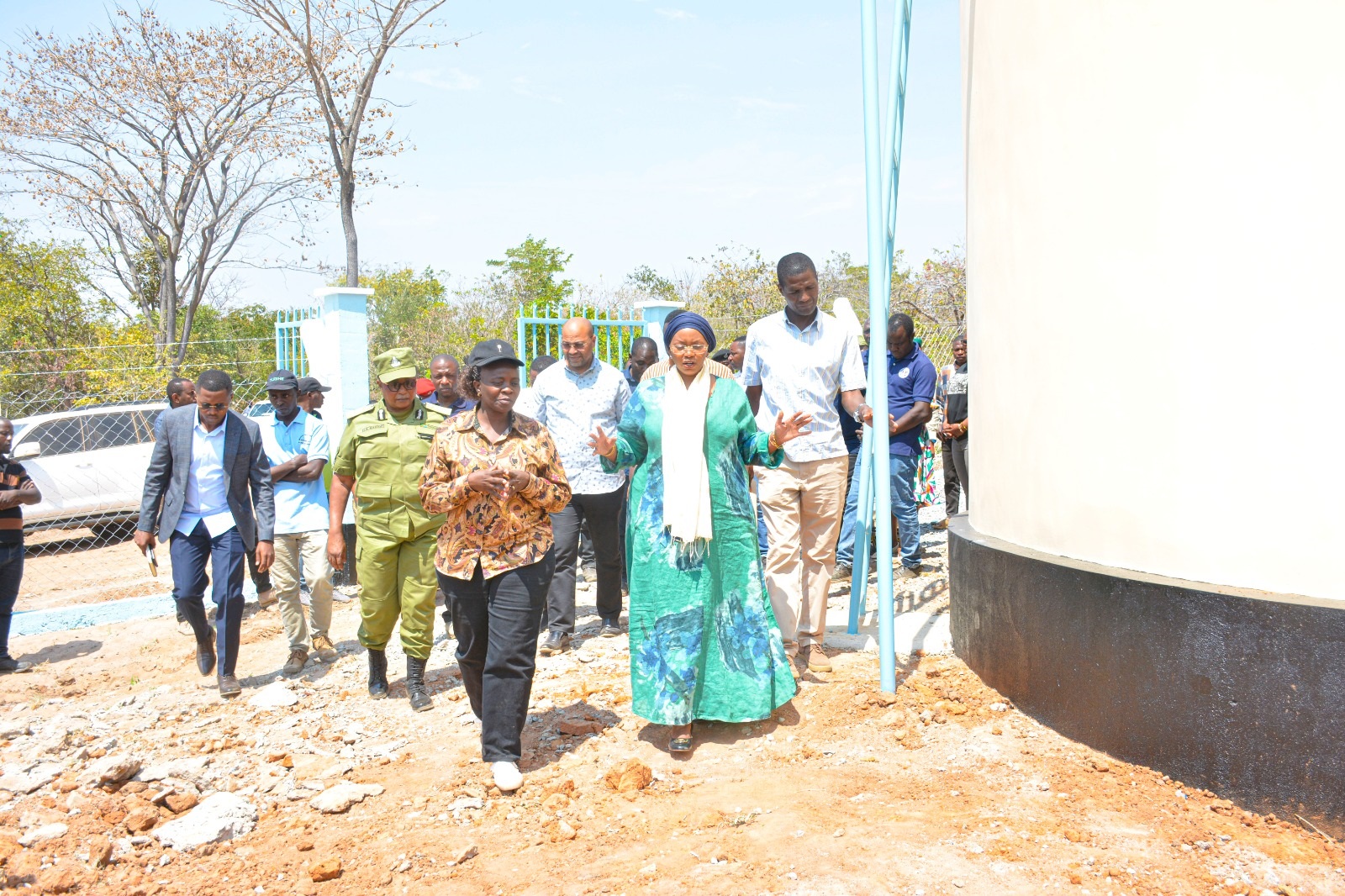Government cracks down on cotton buying fraud in Simiyu
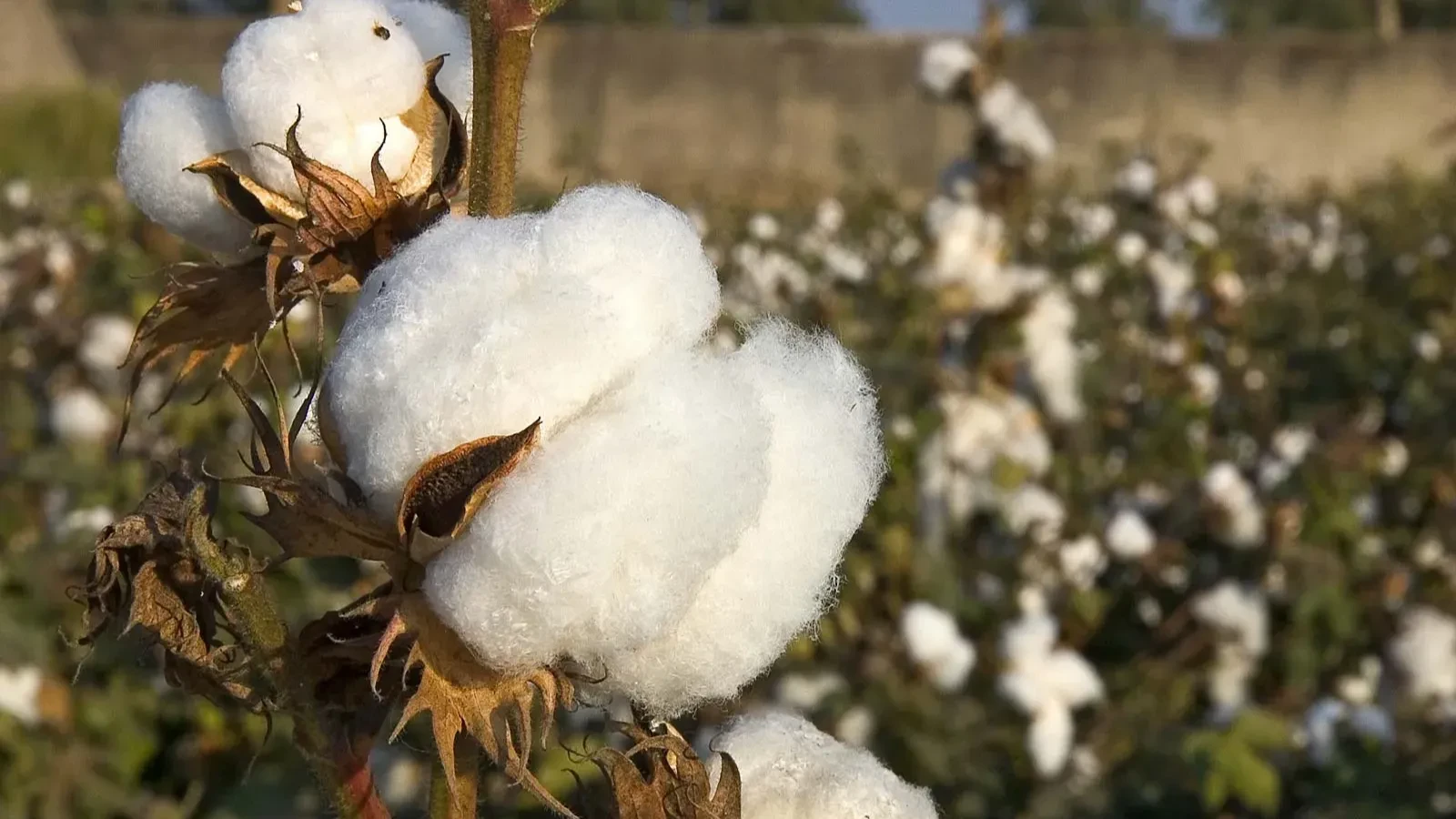
THE government has vowed to take decisive legal action against cotton-buying agents found tampering with digital weighing scales, in a move aimed at safeguarding farmers from exploitation and addressing rural poverty in the cotton-rich Lake Zone.
During a field inspection at the weekend in Itilima District, Said Itaso, the district cotton inspector and agricultural officer, warned to rogue agents and clerks manipulating digital weighing equipment at cotton buying centres.
He said the fraudulent practice denies farmers fair returns for their harvest and undermines national efforts to stimulate agricultural-led growth.
“It has come to our attention that some clerks posted at cotton buying stations are adjusting digital scales to under-weigh the farmers’ produce. This is outright theft. The government is closely monitoring the centres, and anyone caught engaging in the malpractice will face the full force of the law,” Itaso said.
Digital weighing scales are widely used at cotton collection centres to assess the value of harvests, but tampering with the technology has reportedly become a tool for fraudulent profiteering by dishonest agents. The government believes this practice not only robs farmers of their income but contributes to persistent poverty in rural farming communities.
“The government’s vision is to ensure that all farmers—whether smallholders or commercial growers—benefit fairly from cotton farming, especially in regions like the Lake Zone where cotton is a major cash crop. Regular inspections and farmer education are key to that goal,” Itaso explained.
He noted that agricultural inspectors are now making frequent visits to buying centres, examining equipment, and offering guidance to both agents and farmers on the proper use of weighing devices to ensure transparency.
Cotton is one of Tanzania’s strategic export crops, providing livelihoods for tens of thousands of rural households, particularly in Simiyu, Mwanza, Shinyanga, and Mara regions. However, the sector has faced challenges ranging from pest infestations to market manipulation—threats that directly affect national earnings and farmer morale.
Farmers have welcomed the government’s vigilance, with many calling for enhanced support and stricter enforcement.
Sangi Kidenya, a cotton farmer from Zanzui village in Itilima District, called on the government not only to strengthen scale inspections but also to invest in modern farming technologies such as agricultural drones.
“These drones would help us control pests early by spraying insecticides more effectively, especially before planting begins. That would improve our yield and income,” said Kidenya.
He also stressed that many farmers lack the technical know-how to detect scale tampering, making them vulnerable to exploitation. “We really need the government to continue inspecting the weighing systems regularly. Many of us don’t fully understand how these digital devices work, and that’s how some agents take advantage,” he added.
Top Headlines
© 2025 IPPMEDIA.COM. ALL RIGHTS RESERVED








